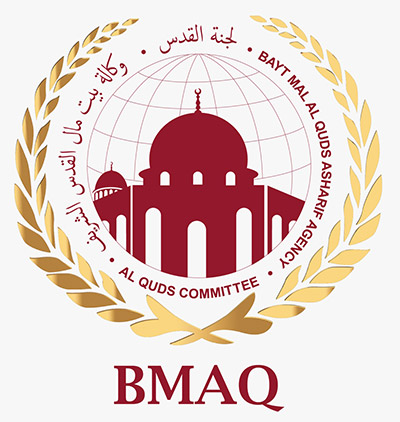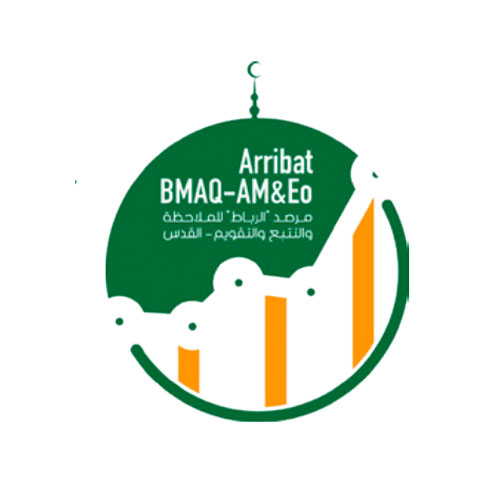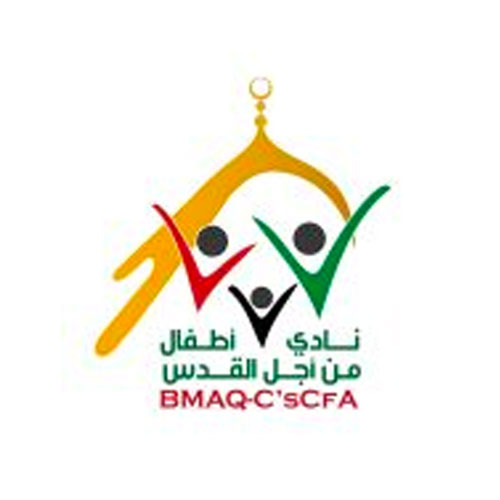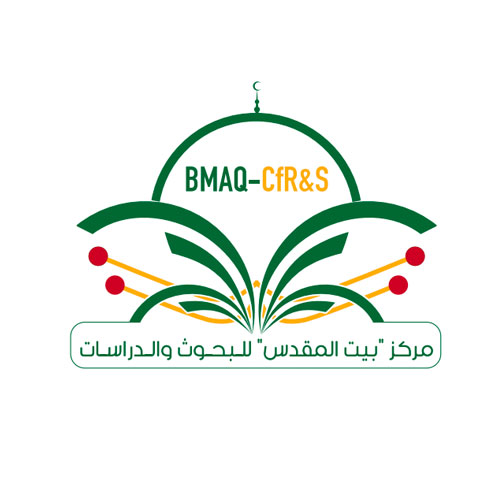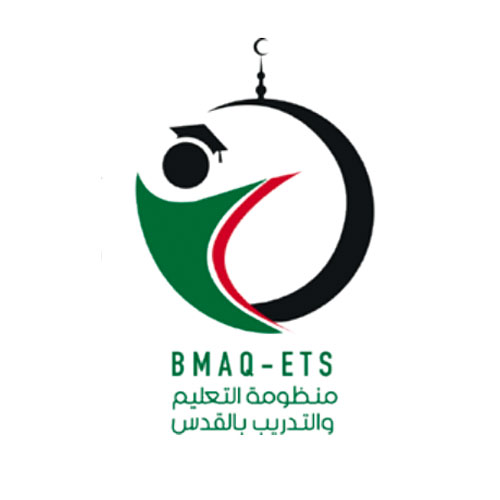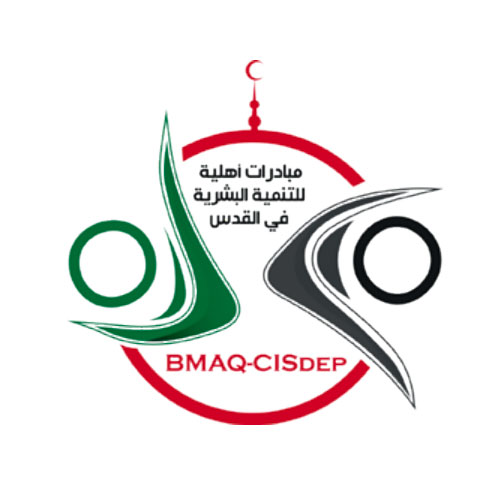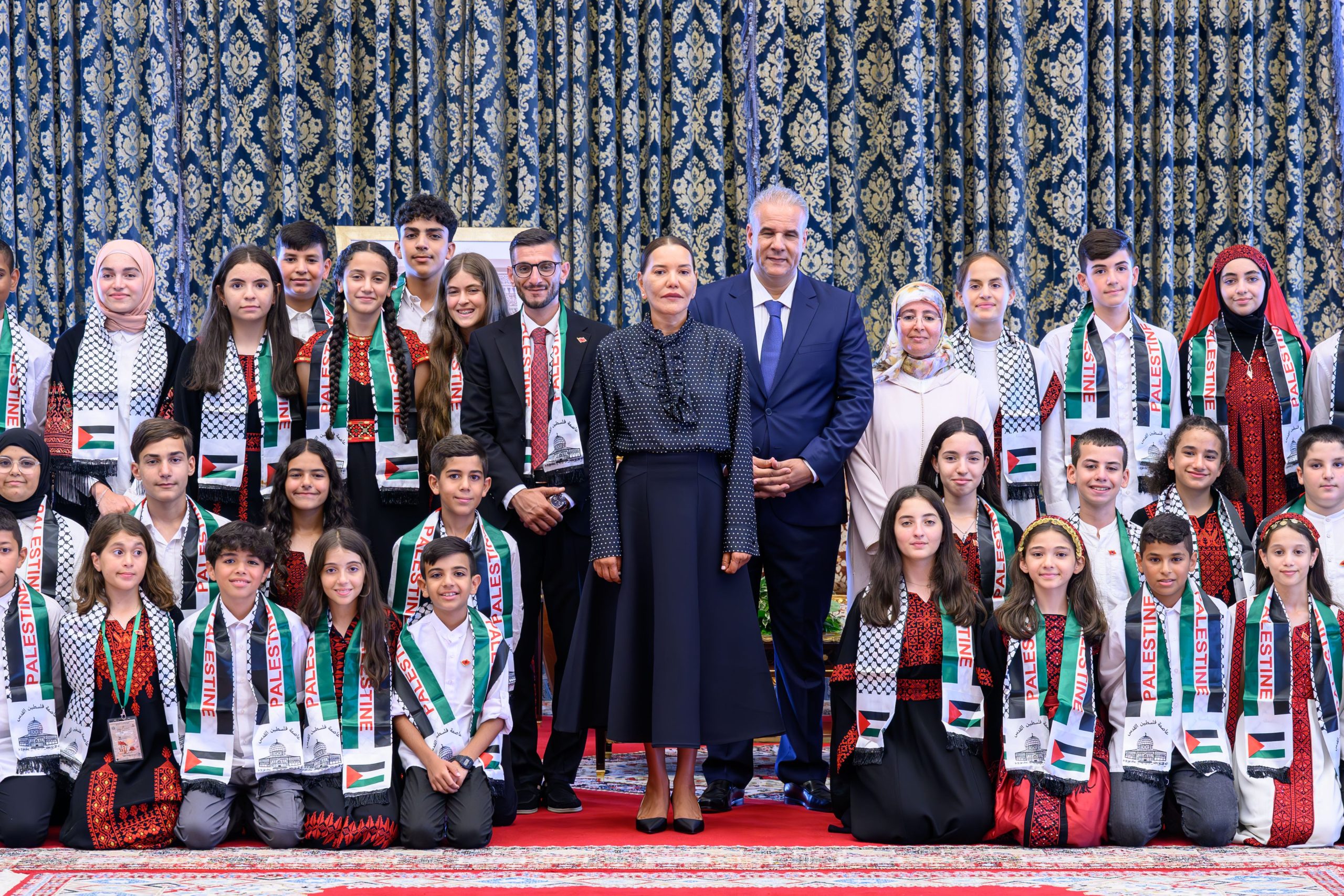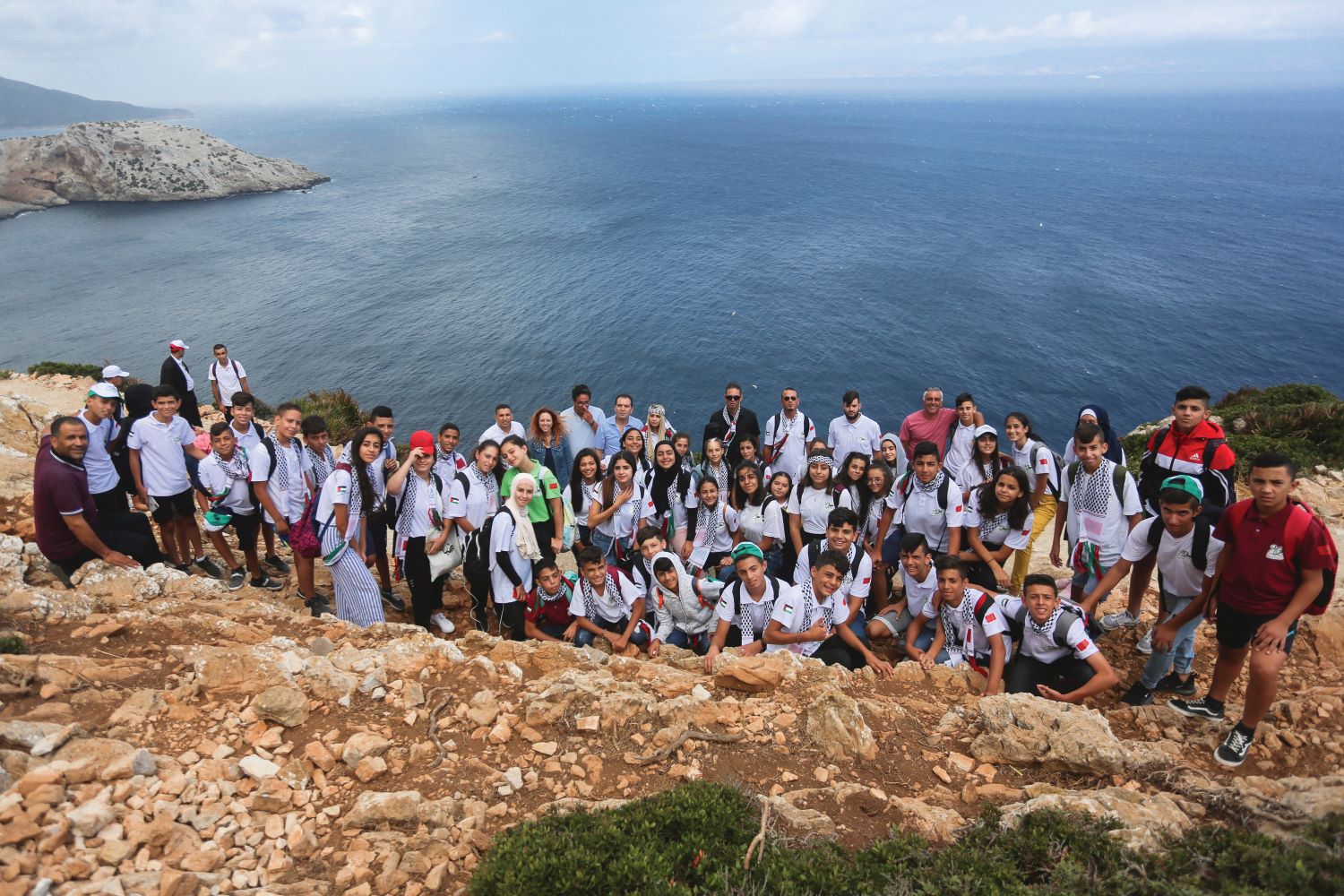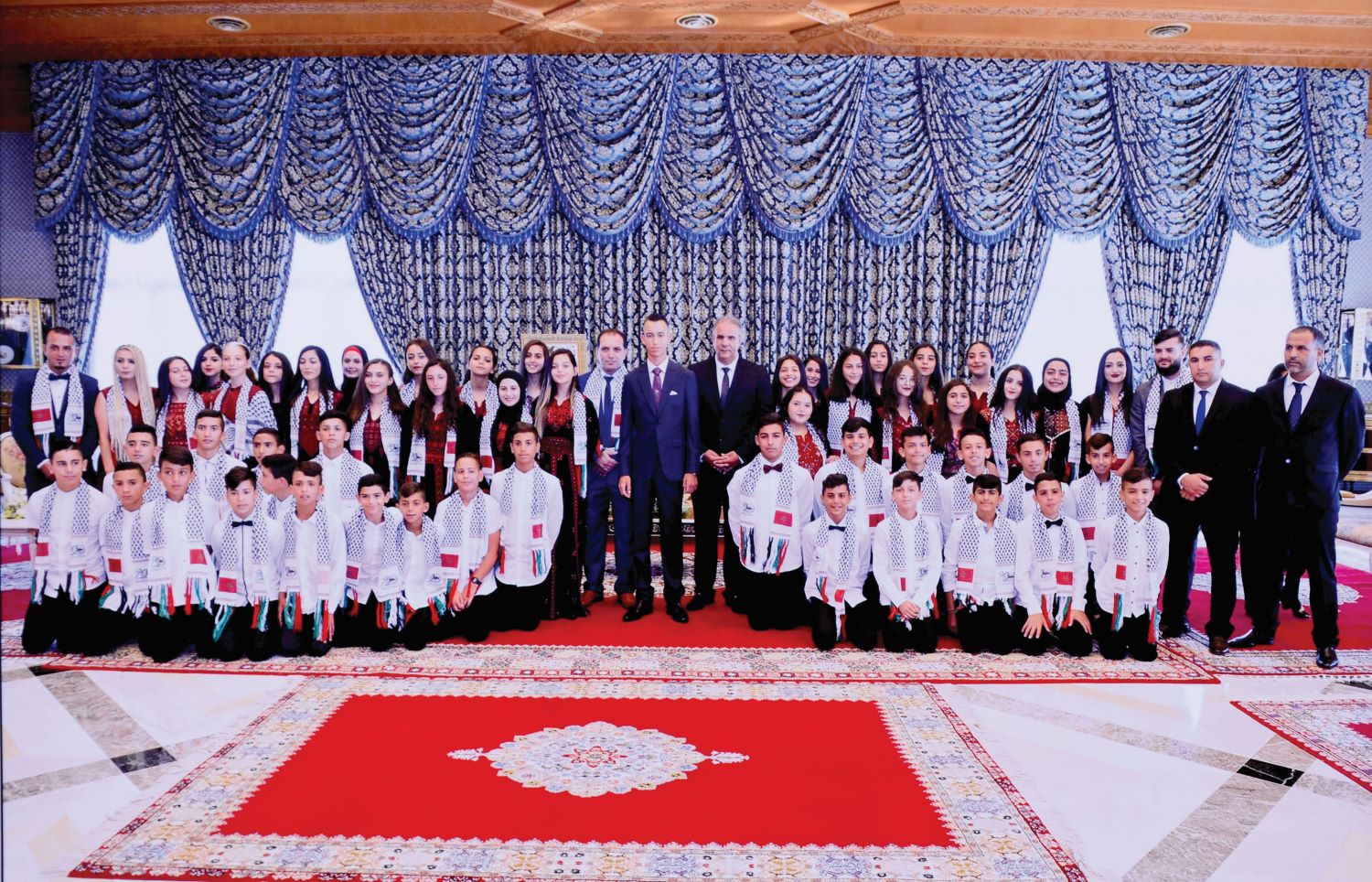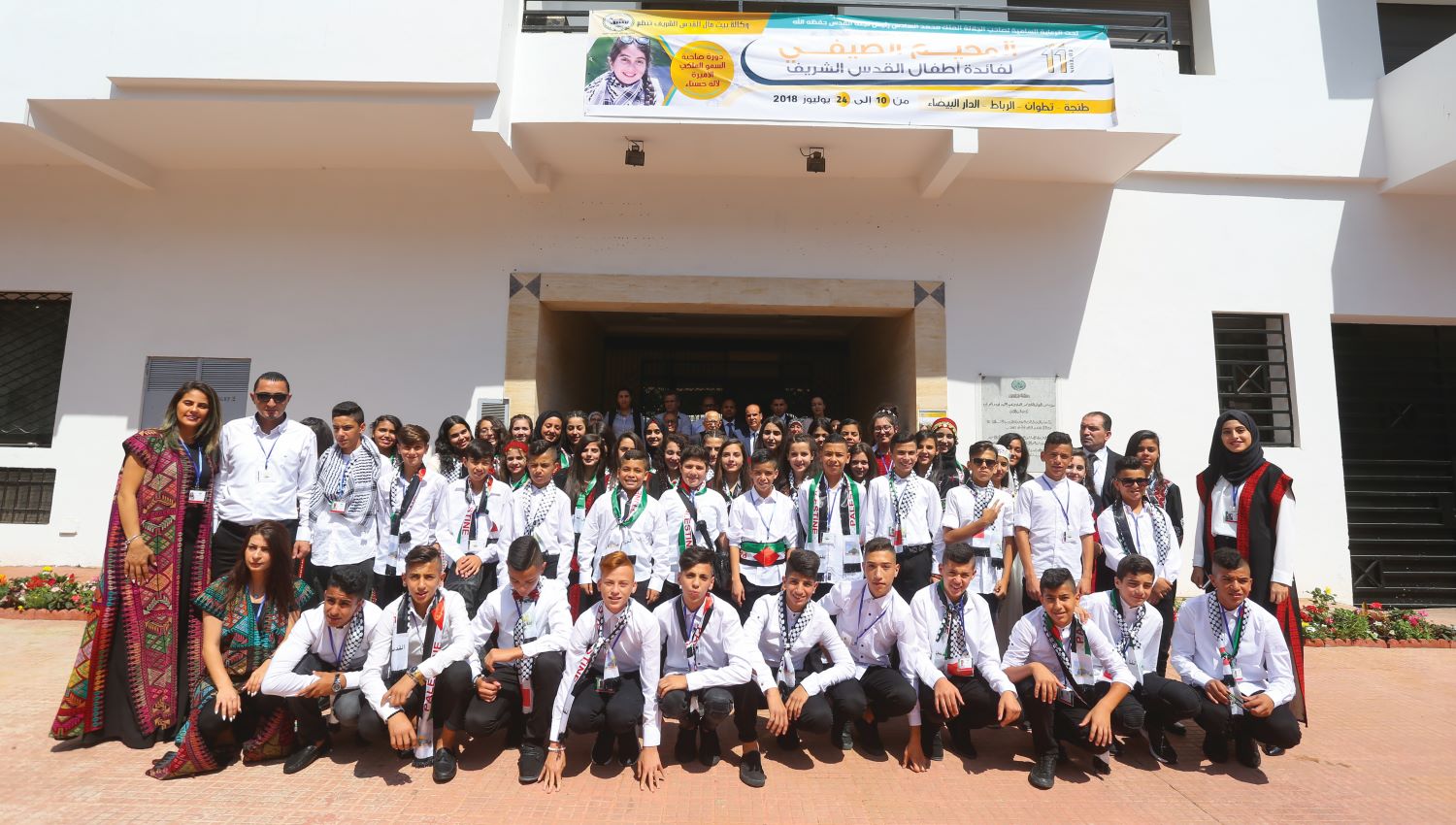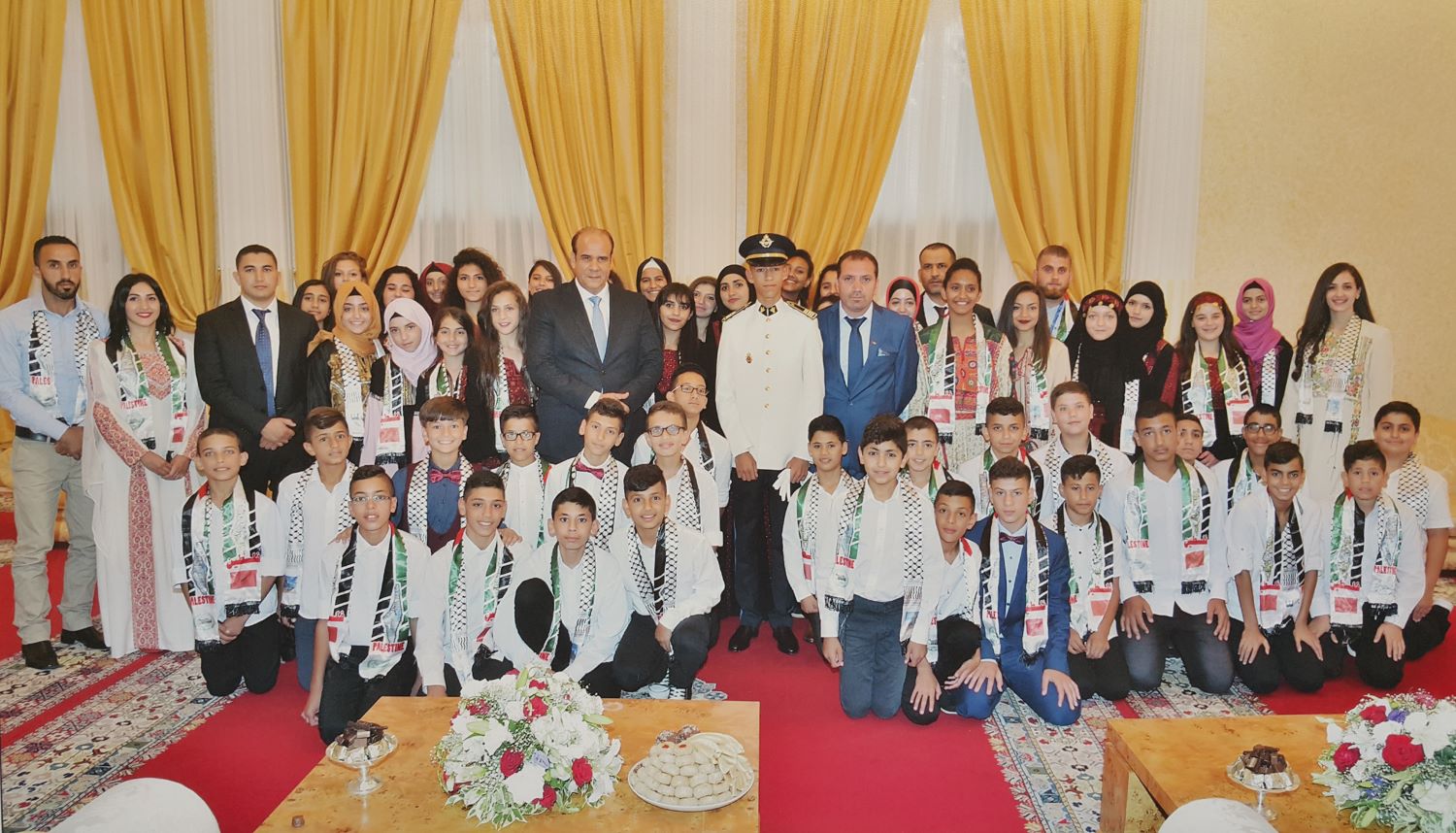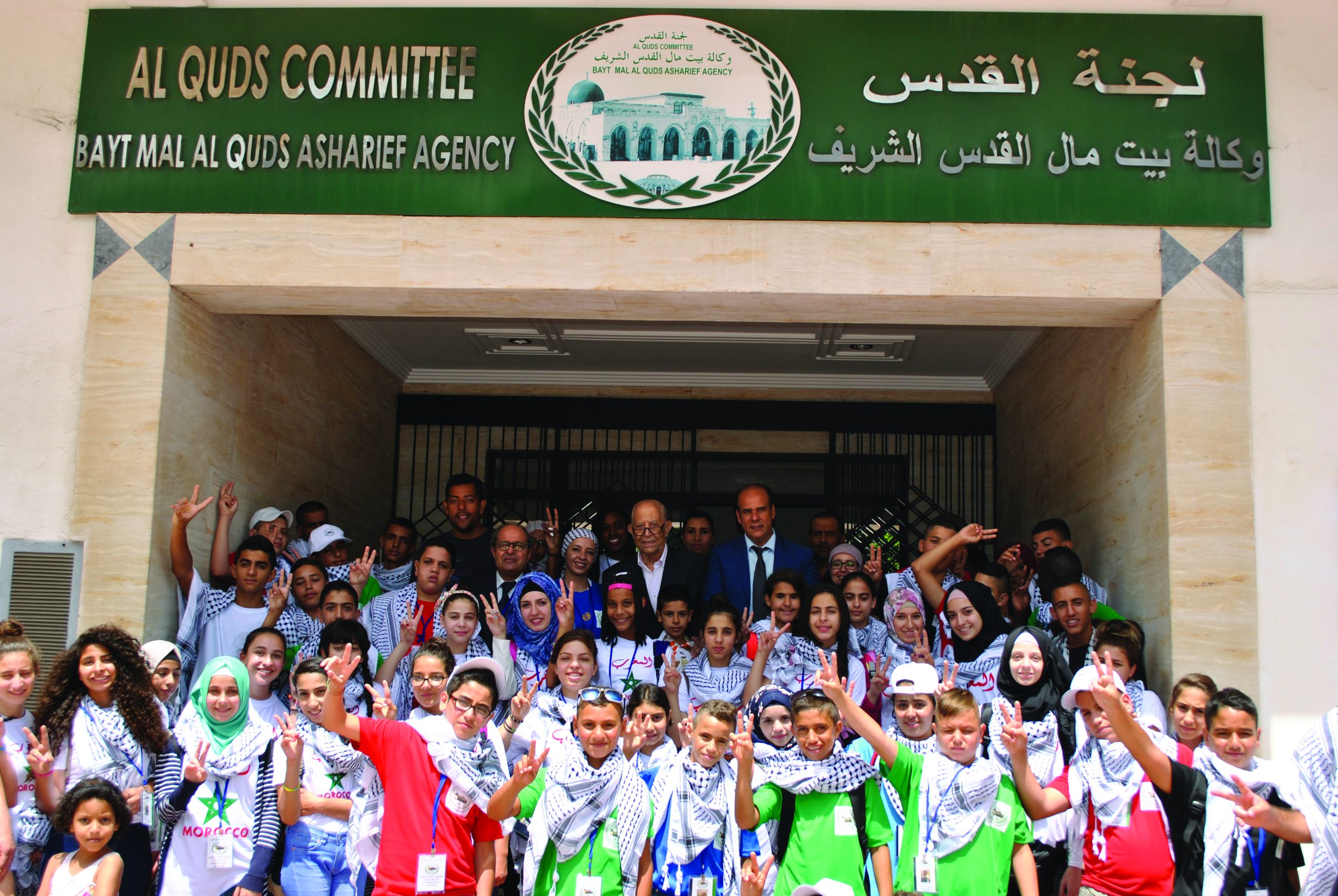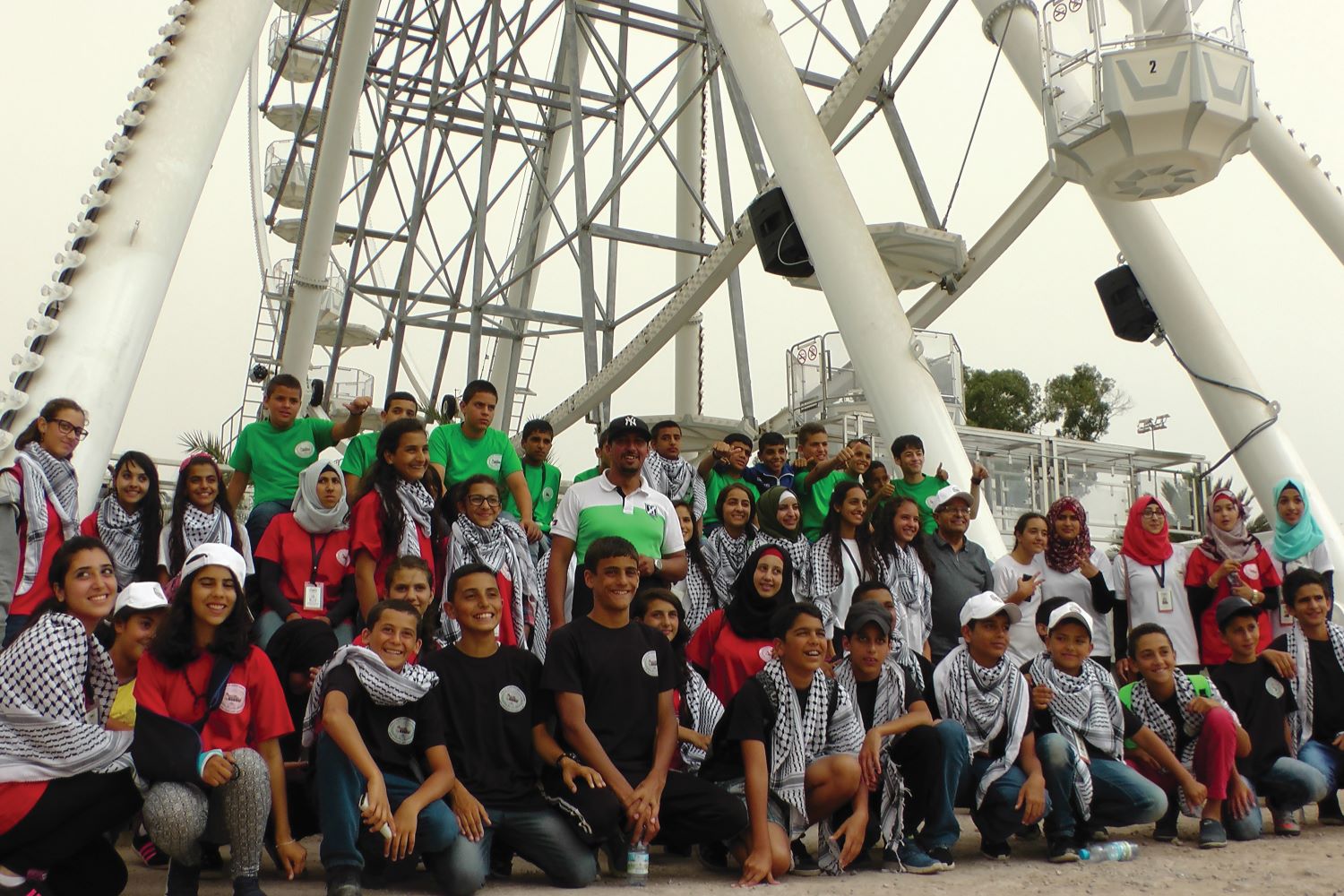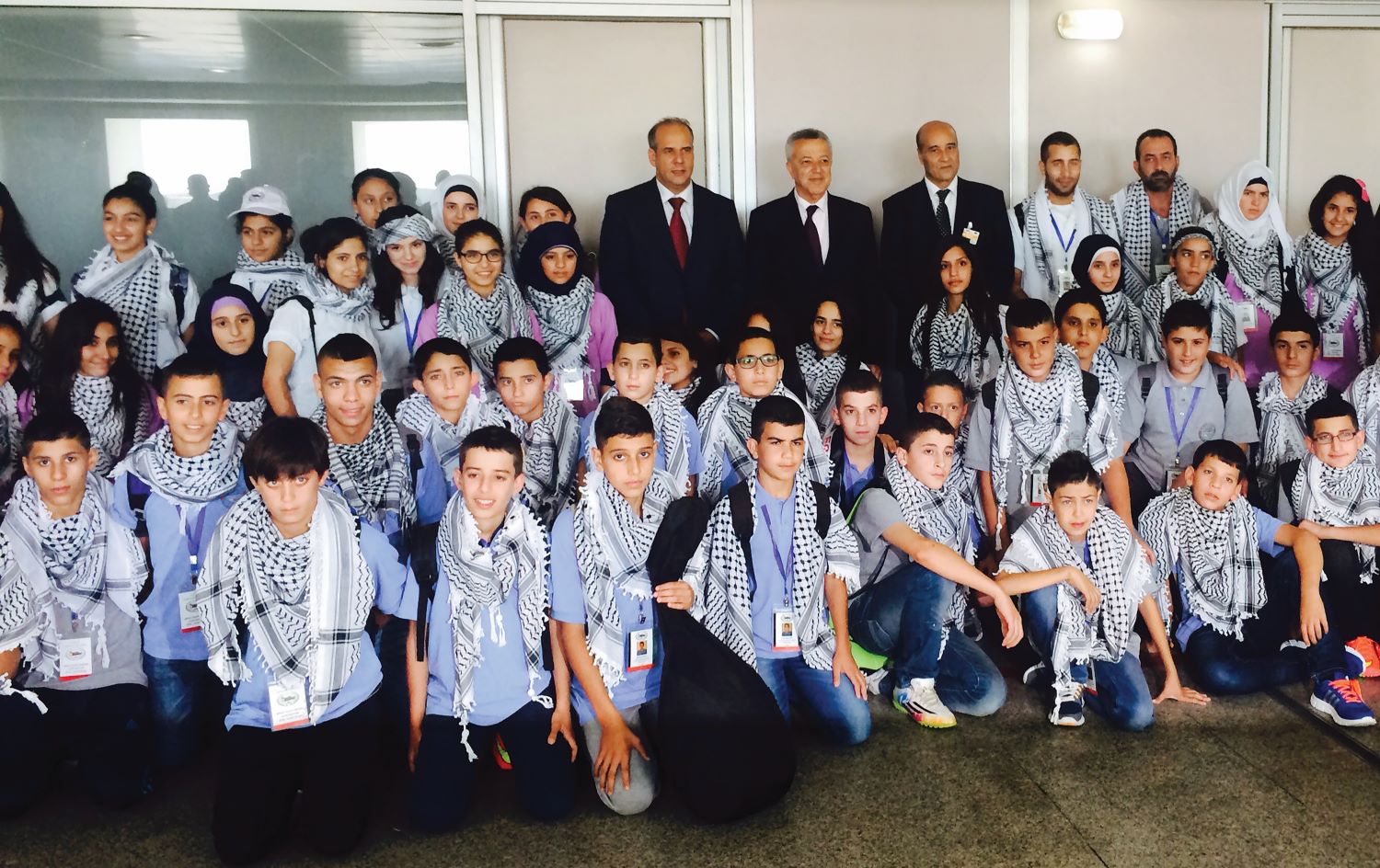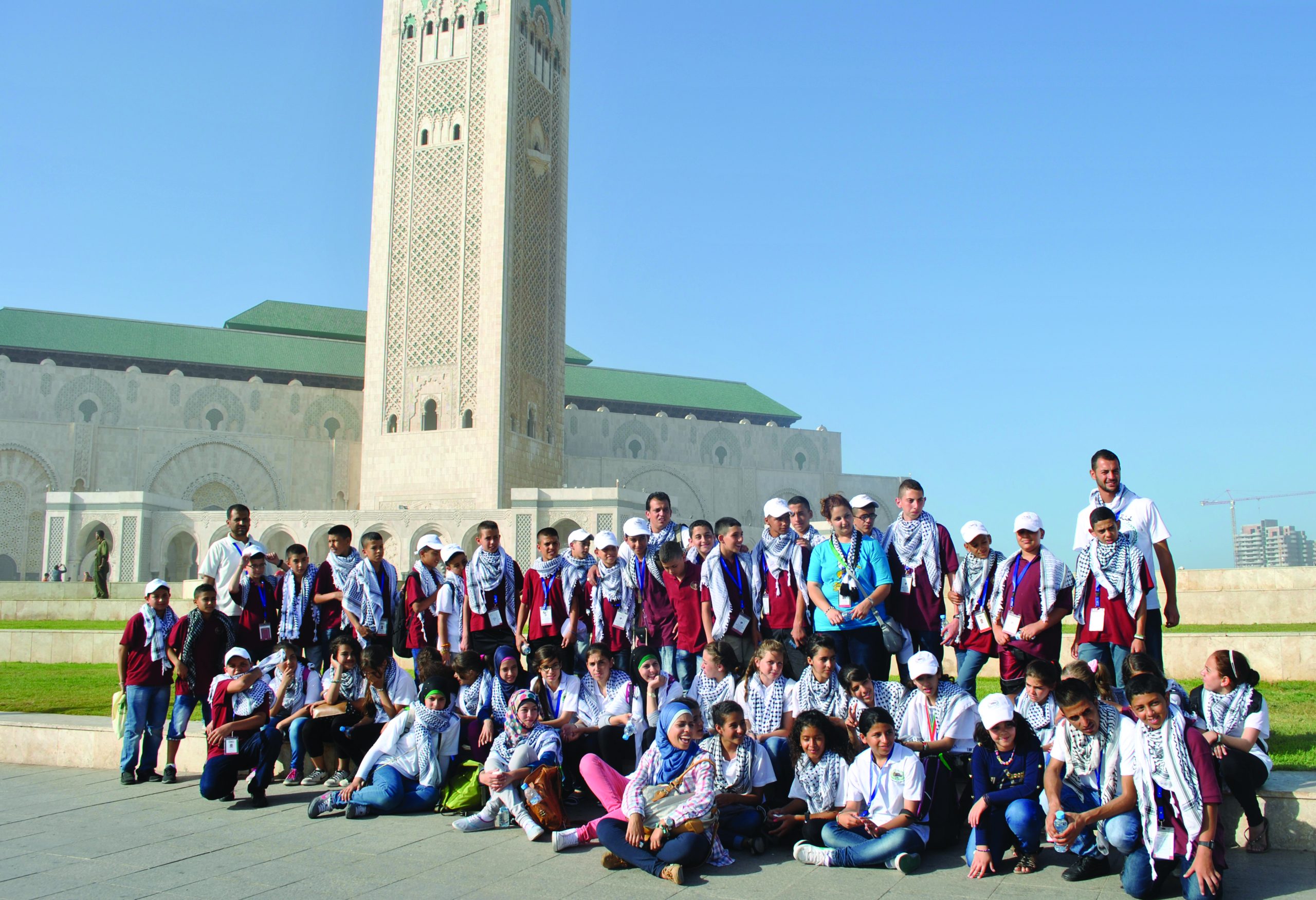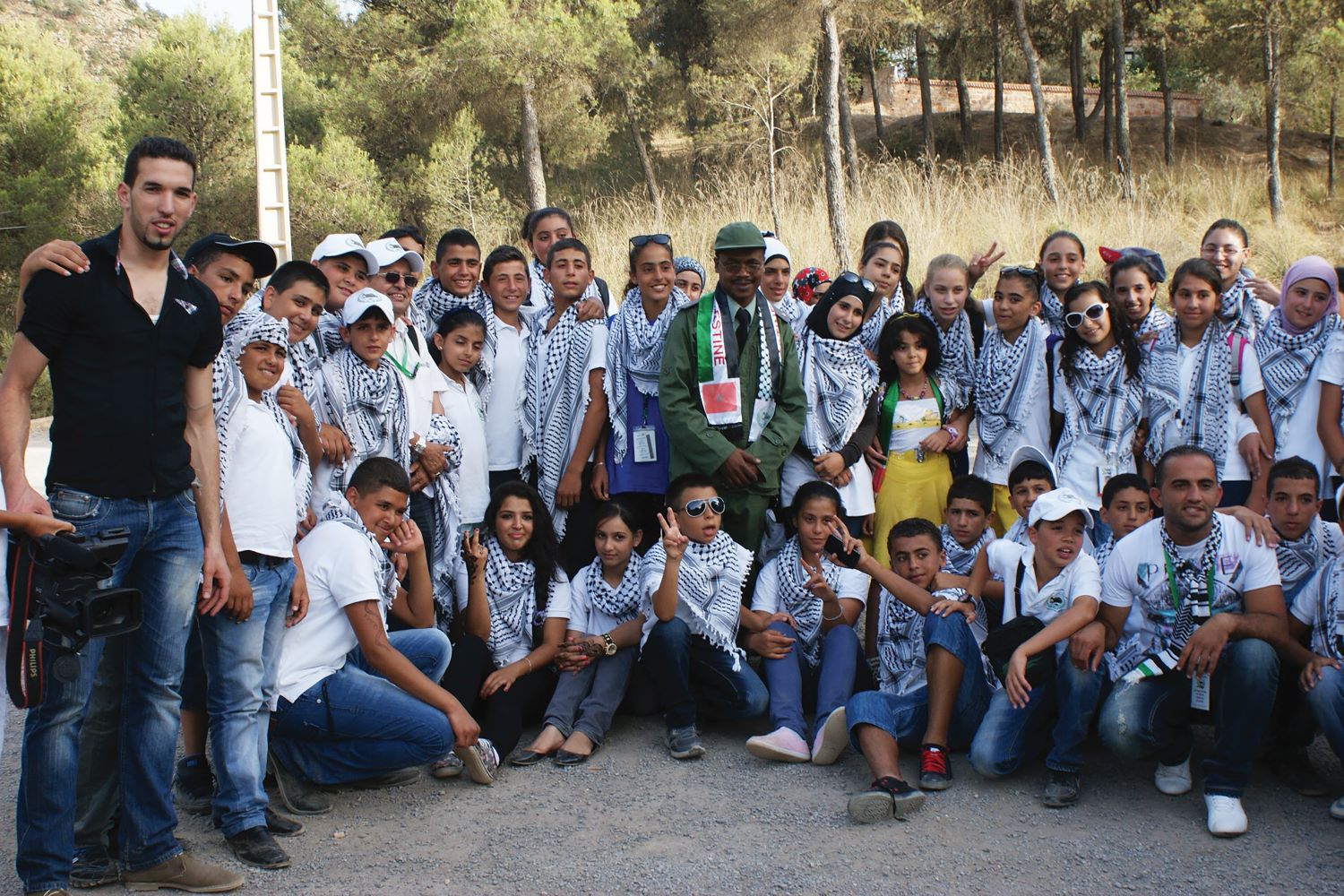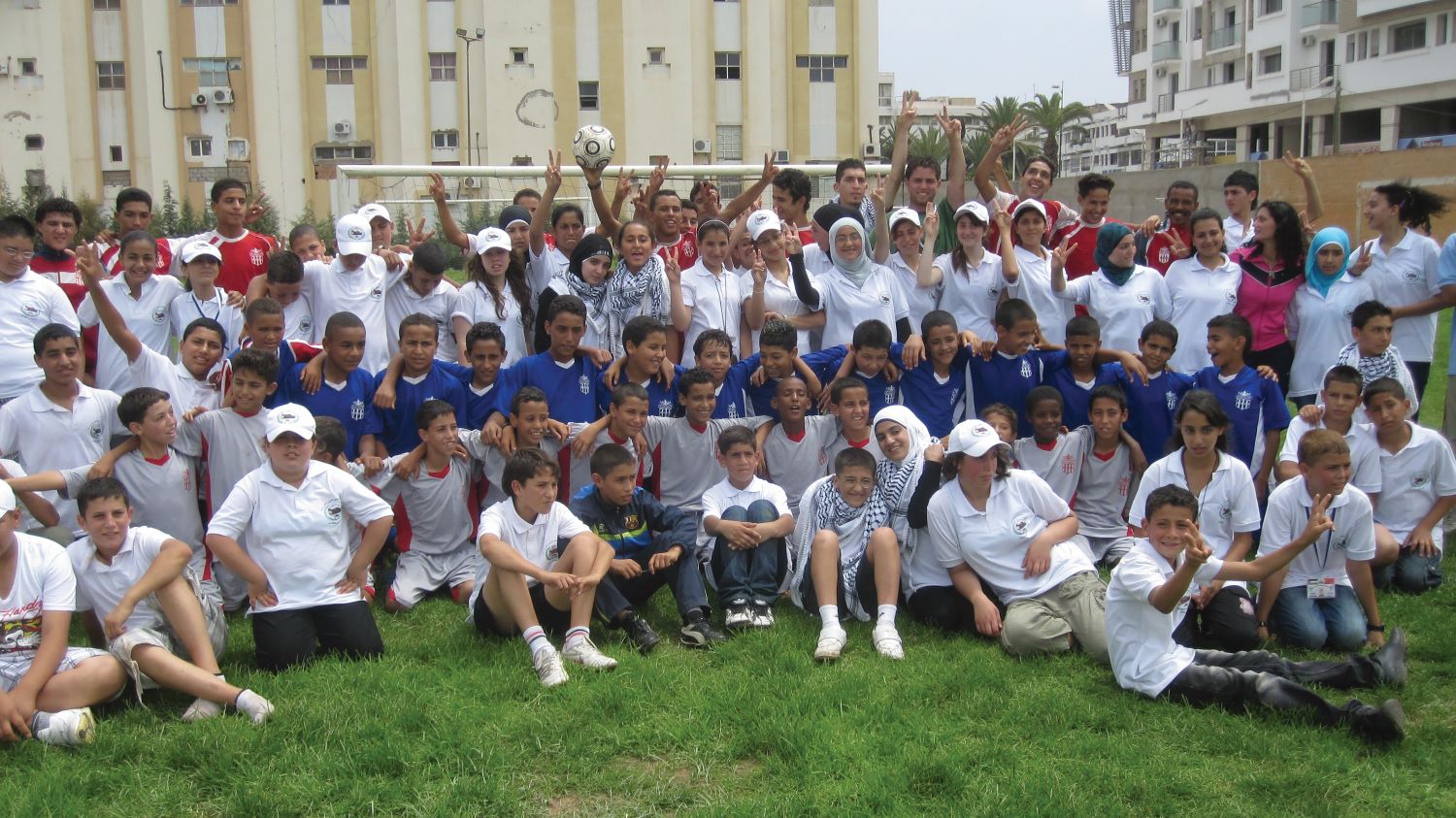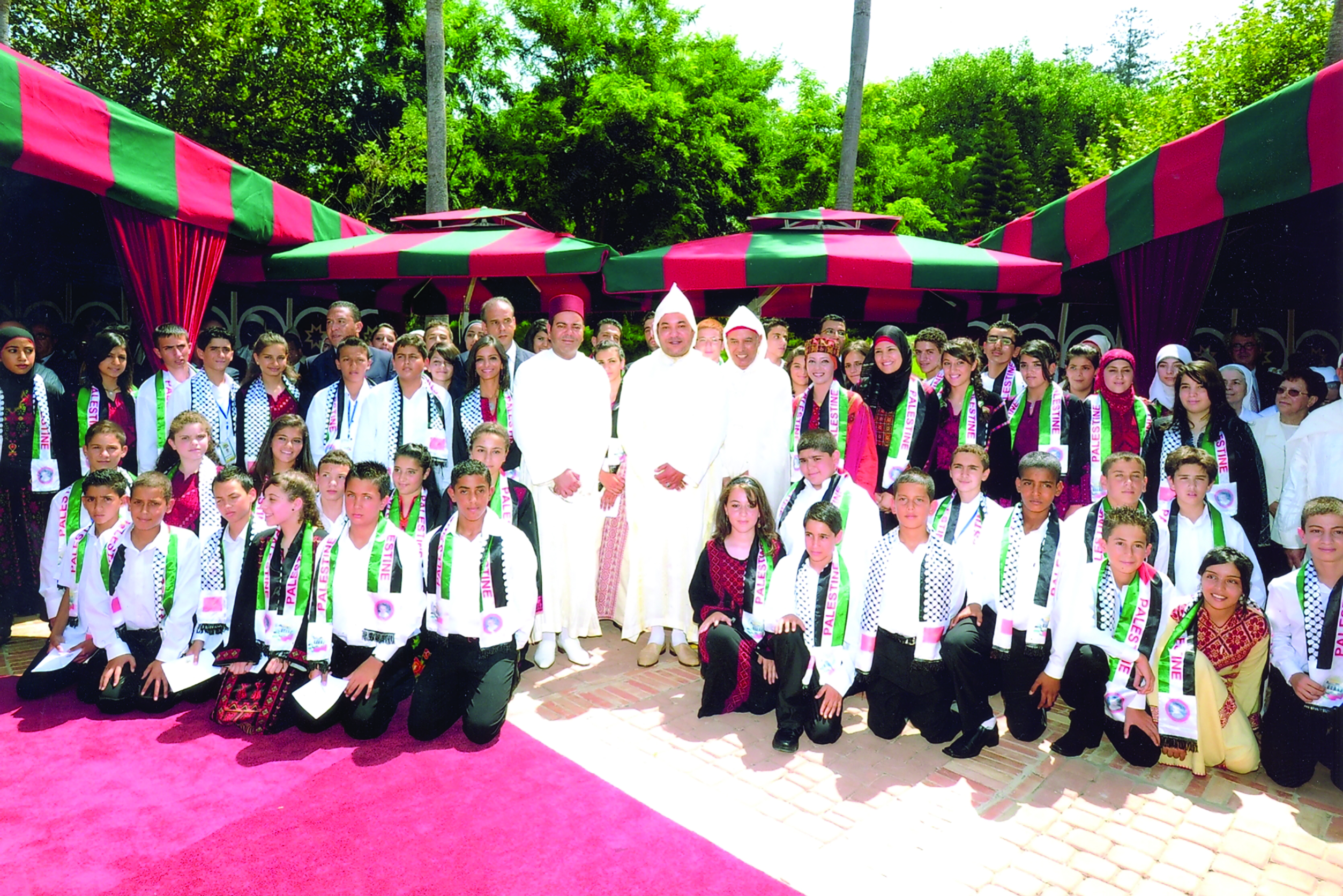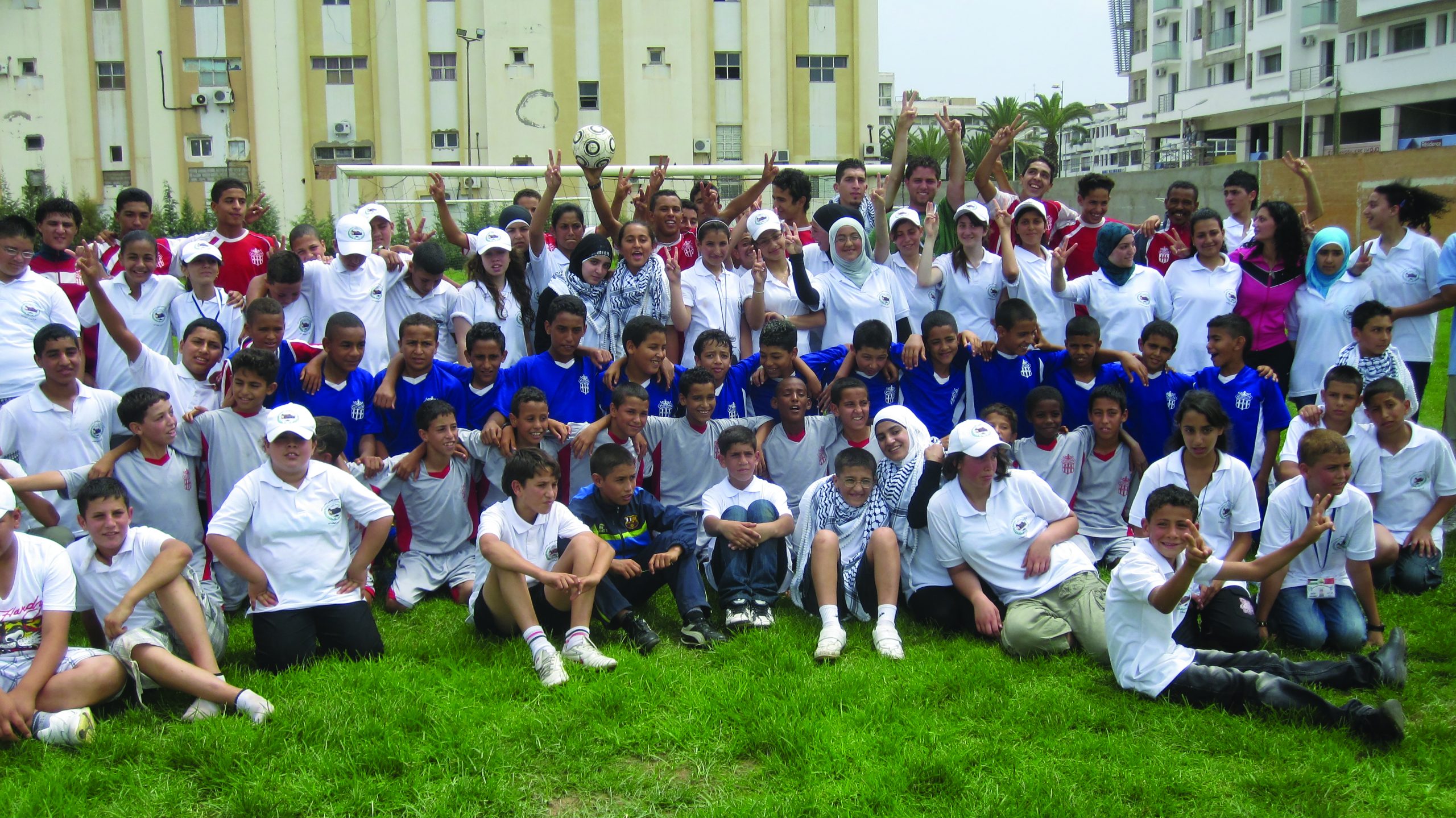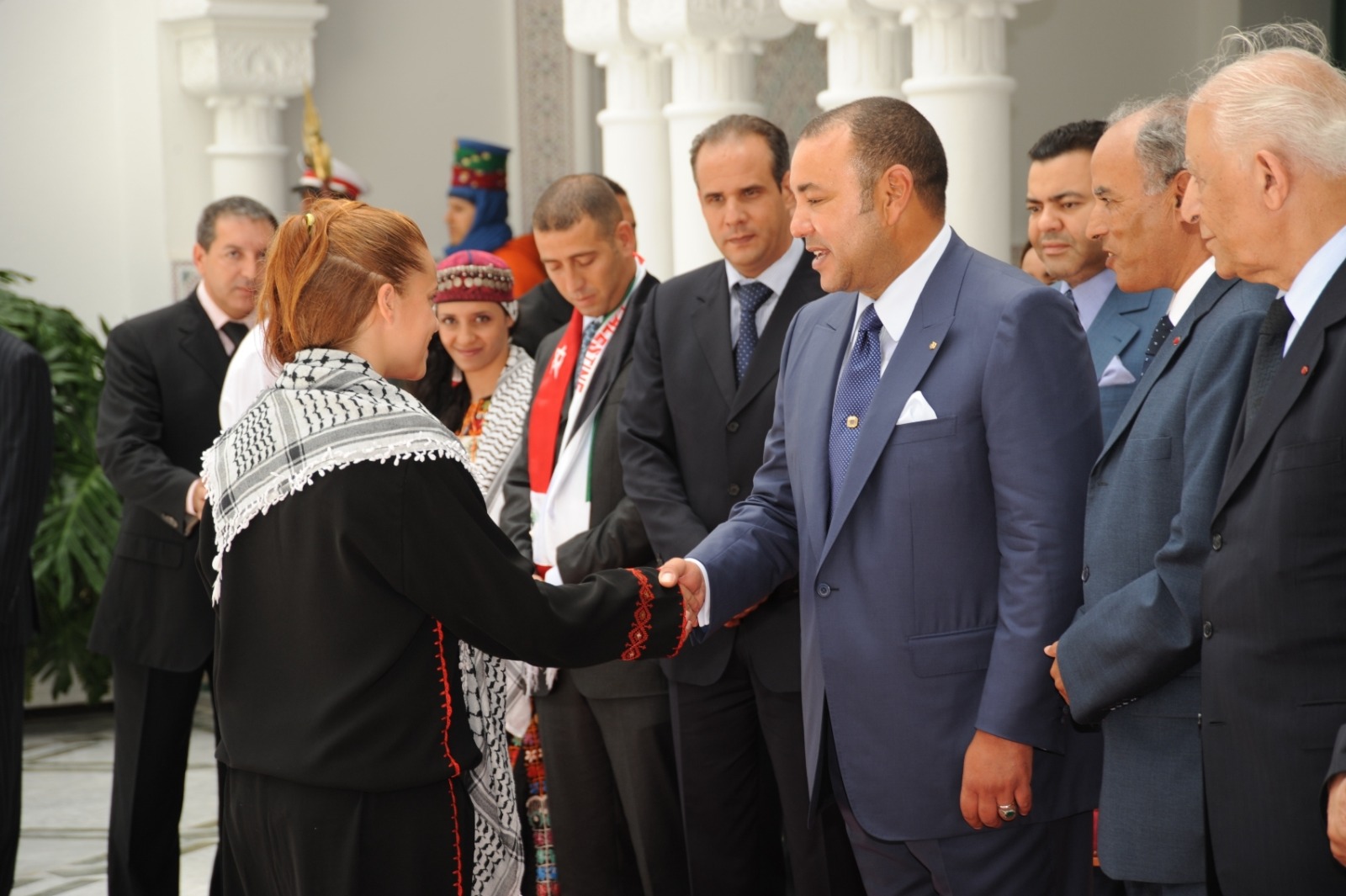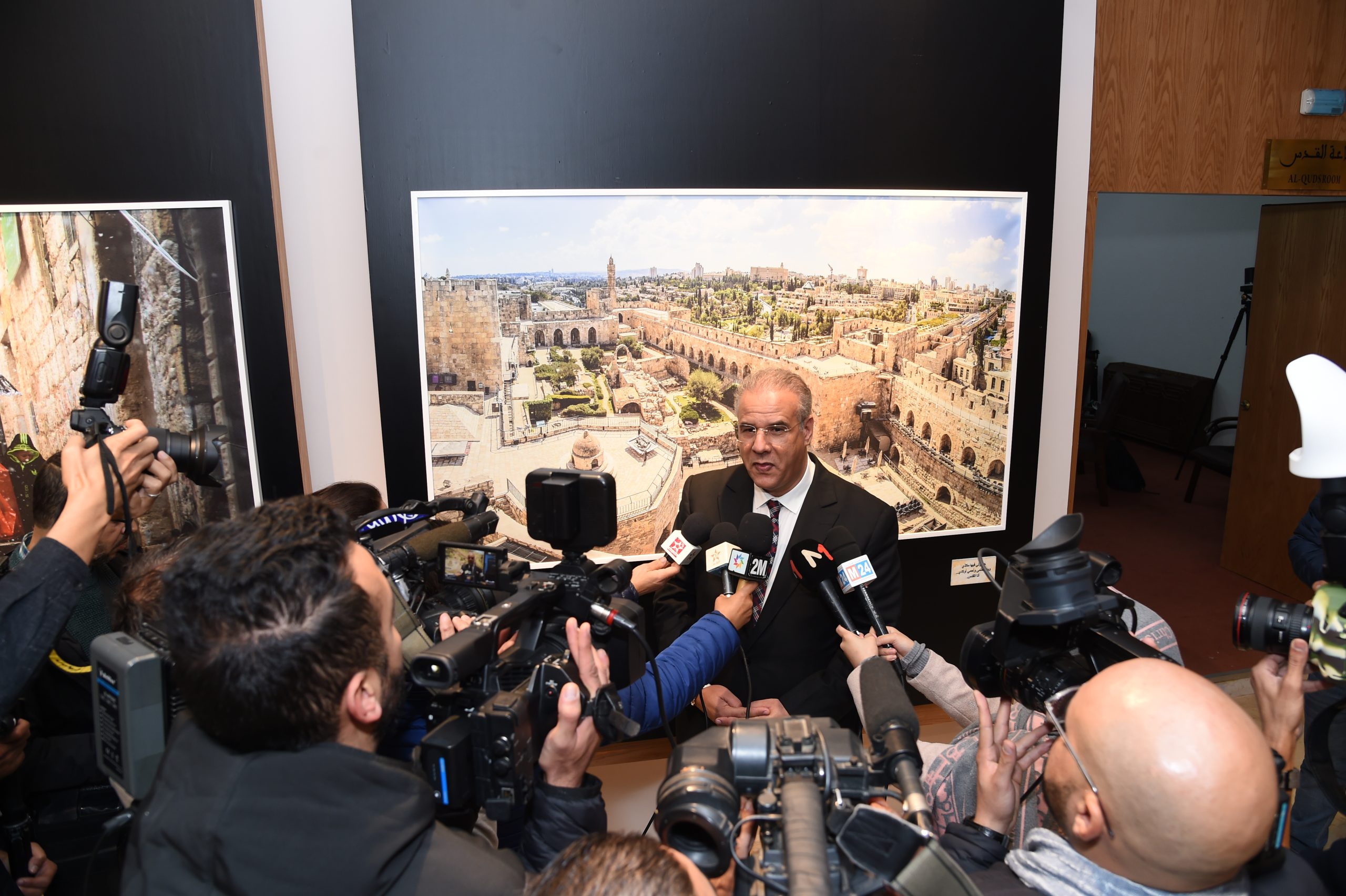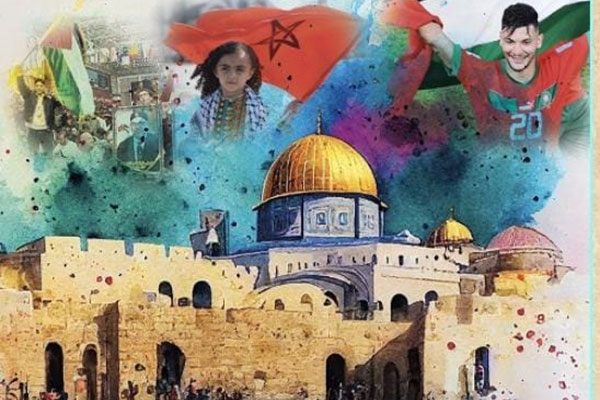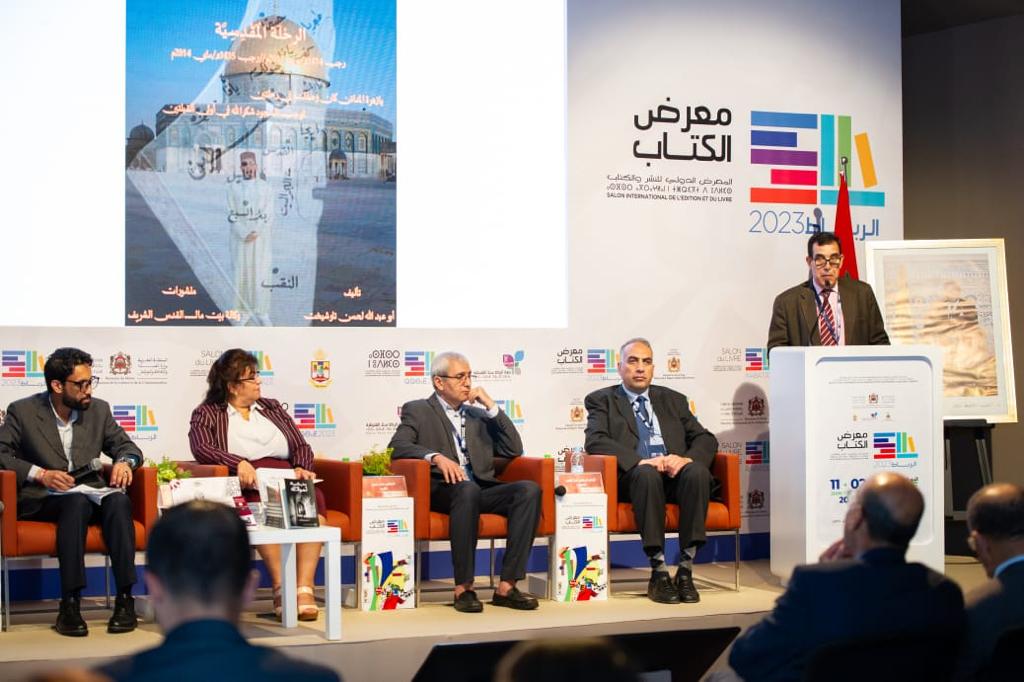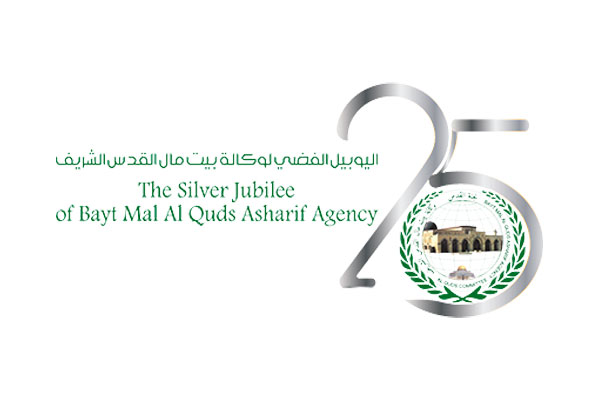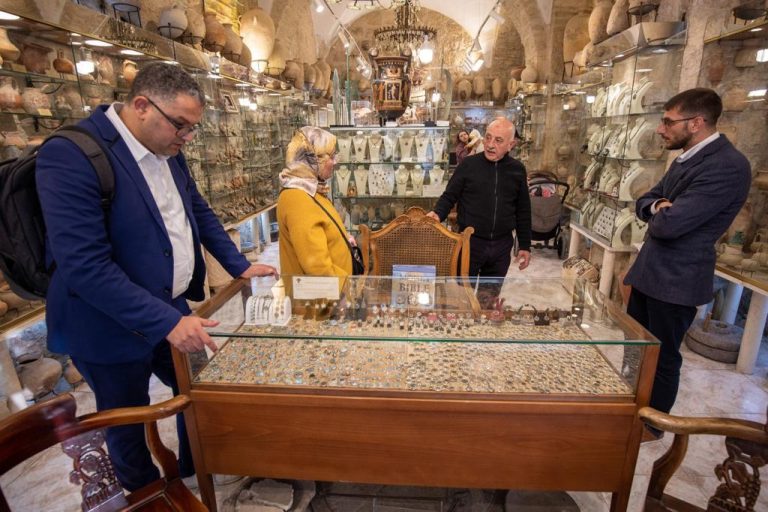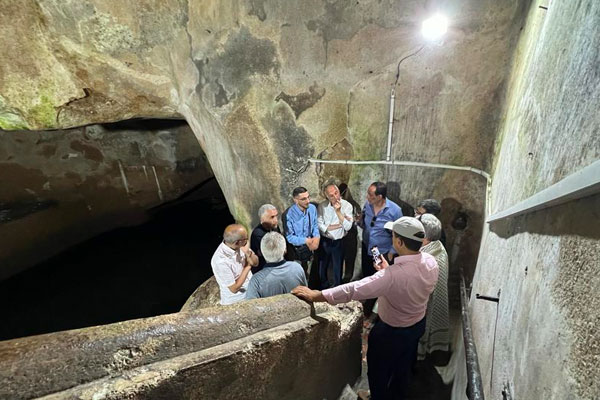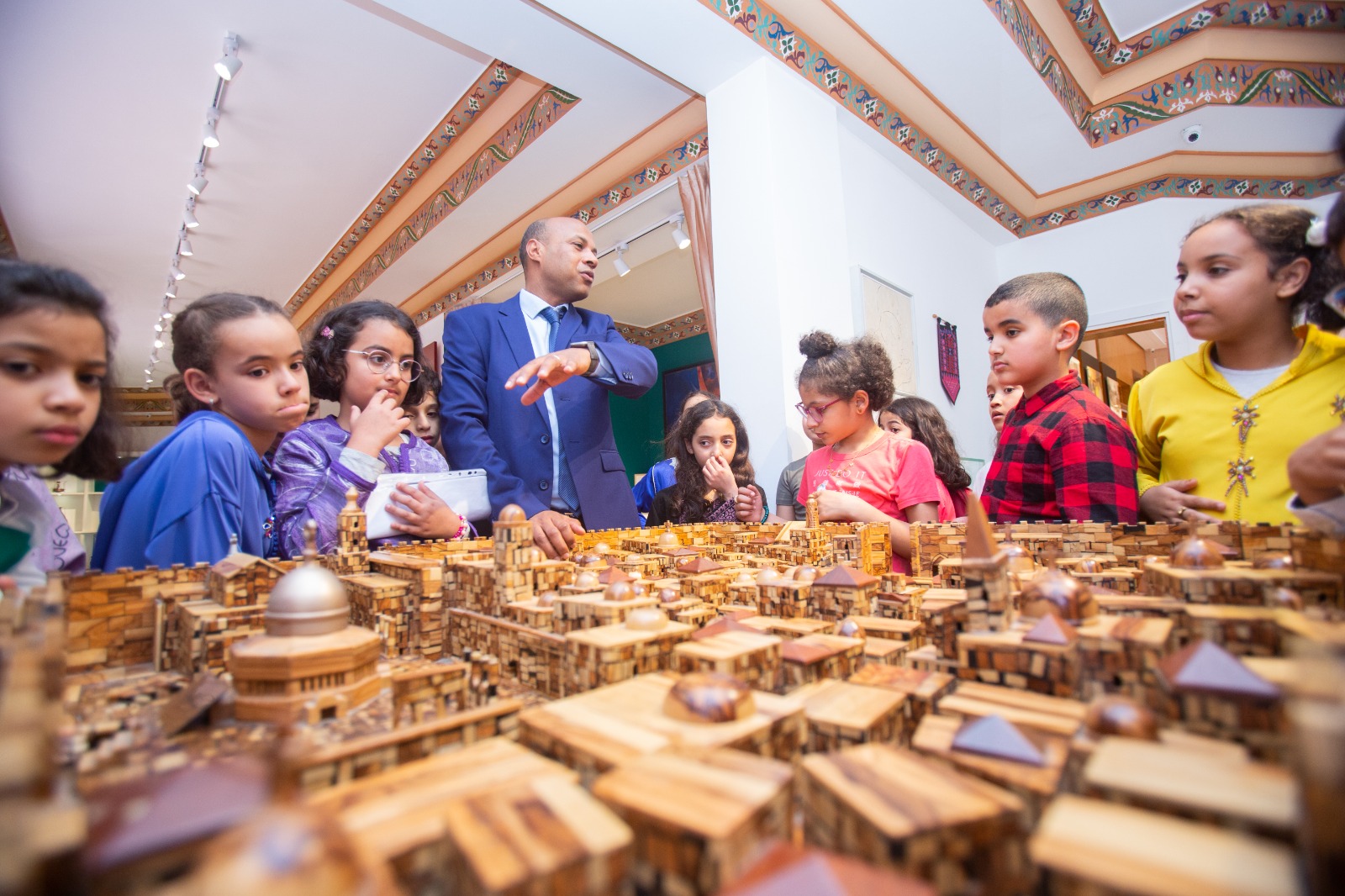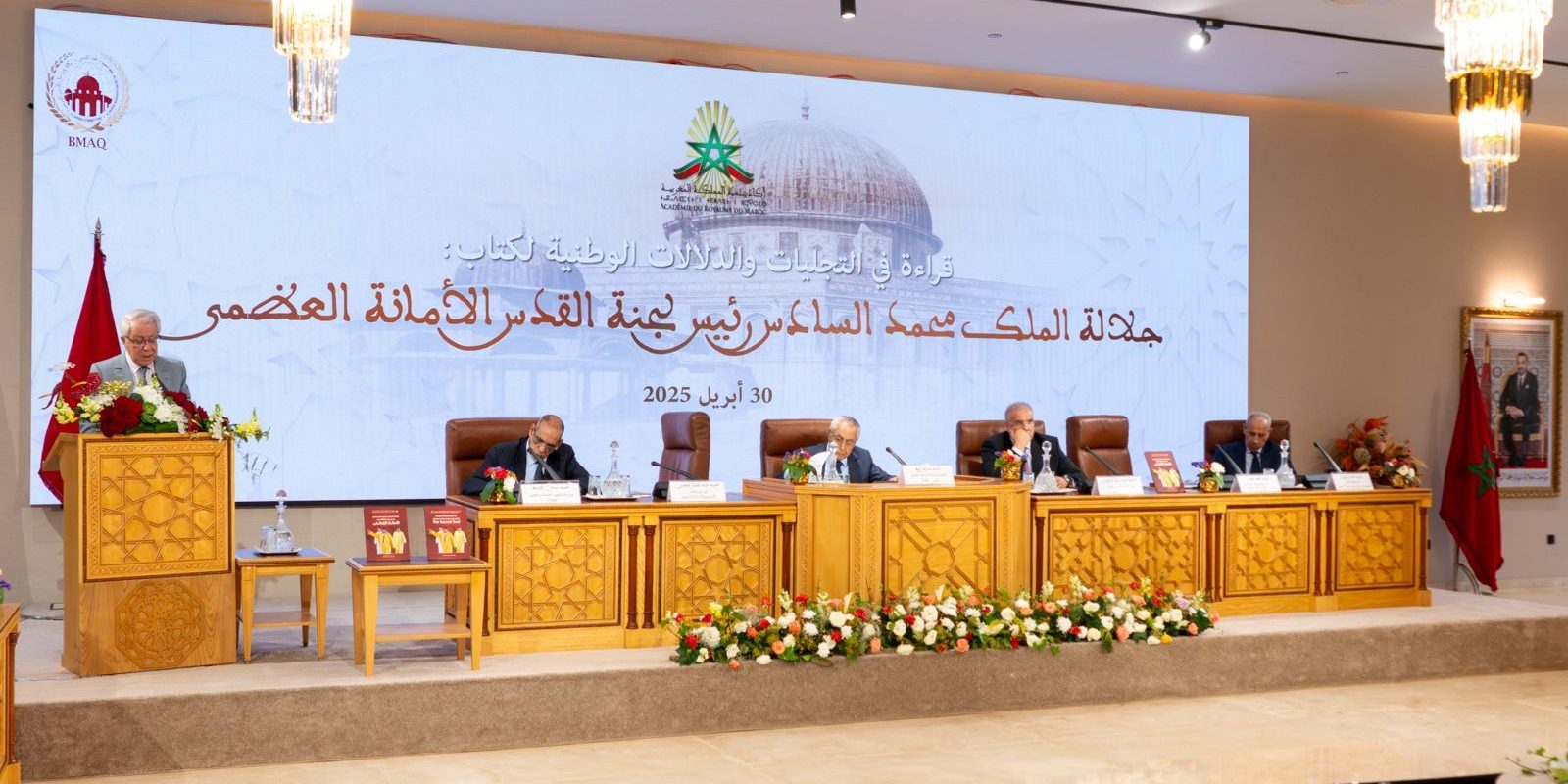Rabat – Participants in a scholarly meeting held Wednesday in Rabat to review the book “His Majesty King Mohammed VI, Chairman of the Al-Quds Committee: The Sacred Trust”, authored by Mohamed Salem Echarkaoui, highlighted the leading role of His Majesty King Mohammed VI in supporting the Palestinian presence in Jerusalem and preserving its legal status.
The event, organized by the Moroccan Academy in collaboration with the Bayt Mal Al-Quds Asharif Agency (BMAQ), convened a distinguished assembly of scholars, researchers, and experts engaged with the Palestinian cause. The discussions centered on the political, diplomatic, and socio-cultural dimensions of the work undertaken by the Al-Quds Committee and BMAQ, reaffirming Morocco’s enduring commitment to the defense of Palestinian rights and the reinforcement of the steadfastness of Jerusalem’s inhabitants in the face of ongoing challenges.
Abdeljalil Lahjomri, Permanent Secretary of the Moroccan Academy, emphasized that the relationship between Moroccans and Palestine transcends the sentimental narrative evoked in times of crisis; rather, it constitutes a sustained trajectory of engagement and solidarity. This enduring commitment, he asserted, reflects a profound civilizational consciousness whereby the defense of Jerusalem is not confined to political considerations, but embodies “a recurrent historical and ethical obligation. This duty, transmitted across generations, forms an integral part of national identity and stands as a testament to the enduring vitality of moral conscience, which, he affirmed, cannot be subdued or occupied.”
He explained that Morocco, under the guidance of its monarchs, has consistently demonstrated a profound and principled commitment to the Holy City of Jerusalem—one that transcends transient political positions. This commitment is anchored in a long-term vision grounded in historical, religious, and national consciousness of Jerusalem’s unique status within both the Islamic ethos and the broader framework of human conscience.
Lahjomri reminded attendees that since independence, the Kingdom—both King and people— has consistently placed the Palestinian cause at the forefront of its national concerns, regarding it as a central issue that surpasses mere political considerations to encompass civilizational, religious, and spiritual dimensions. This steadfast commitment is reflected in Morocco’s unwavering stance within Arab, Islamic, and international forums, where it has persistently advocated for the legitimate rights of the Palestinian people, foremost among them the right to establish an independent state with Jerusalem as its capital.
He added that Palestine—and Jerusalem in particular—has, since the dawn of Islamic history, served as a spiritual and civilizational focal point for successive generations of Moroccans, who have nurtured not only religious bonds with the city, but also a profound sense of symbolic and emotional kinship.
This historical presence dates back to the Islamic conquests, when Moroccans settled in Jerusalem and actively contributed to its scientific, religious, and social development. The Moroccan Quarter in Jerusalem, he noted, remains a prominent historical testament to the depth of the ties between Moroccans and Palestine.
Lahjomri further stated that the book “His Majesty King Mohammed VI, Chairman of the Al-Quds Committee: The Sacred Trust” constitutes a testament of loyalty to the historical responsibility entrusted to His Majesty the King. It presents a rigorously documented academic account of his visionary and proactive initiatives in the defense of Jerusalem—initiatives undertaken in the service of justice and the safeguarding of the city’s profound spiritual and human heritage.
Mohamed Salem Echarkaoui, Director in charge of managing the Bayt Mal Al-Quds Asharif Agency (BMAQ), affirmed that Morocco, under the leadership of HM the King—Commander of the Faithful—remains deeply committed to the promotion of global peace and security. This principled stance renders Morocco’s role increasingly vital in the context of ongoing global transformations, particularly in addressing the pressing challenges posed by extremism, terrorism, transnational crises, separatist movements, and sectarian conflicts.
He emphasized that HM the King, in his role as Chairman of the Al-Quds Committee, consistently raises alarm over Israel’s practices of dominance and discrimination against Palestinians population as an occupying power. He also cautions against the systematic attempts to alter the legal status of Jerusalem—a city sacred to the three monotheistic religions. Such actions, he warned, risk fueling recurrent cycles of violence and escalating conflict.
Echarkaoui urged the international community to turn to reason and human ingenuity—principles that have long inspired philosophers, scholars, and lawmakers to create legal frameworks designed to uphold justice and foster peace.
Sidi Al khalifa, former Mauritanian Minister of Foreign Affairs and Cooperation, highlighted that Moroccans share a deep religious connection to the Levant and Jerusalem, rooted in their common faith and Arab identity. He noted that the King’s commitment to the Palestinian cause and to Jerusalem was evident from the very beginning of his reign.
He emphasized that HM the King has steadfastly followed in the footsteps of his predecessors by supporting Palestine politically, financially, and socially. This support continues in efforts to garner international backing for the establishment of an independent Palestinian state, with East Jerusalem as its capital. He also recalled the establishment of the Al-Quds Committee, a vital mechanism designed to strengthen Islamic solidarity in defense of Jerusalem and protect it from the threat of being lost.
In discussing the significance of the book “His Majesty King Mohammed VI, Chairman of the Al-Quds Committee: The Sacred Trust”, he highlighted that it stands as one of the most important works shedding light on HM the King’s leadership in relation to the Palestinian cause and Jerusalem. He further emphasized that Morocco’s position has always been firmly committed to safeguarding the Holy City of Jerusalem, resisting the ongoing efforts of Judaization and the cultural and civilizational appropriation of this ancient city.
Amjad Shehab, Director General of Al-Shehab College in Jerusalem, also emphasized the book’s significance in highlighting Morocco’s historical, religious, and civilizational role in supporting the Palestinian cause and the city of Jerusalem. He commended BMAQ’s efforts in safeguarding the city through focused programs aimed at preserving its heritage and supporting its inhabitants.
Shehab, a professor of political science, noted that BMAQ is one of the few institutions working on the ground under challenging political and legal conditions. He highlighted its “crucial role in assisting the residents of Jerusalem in their efforts to defend the city against Judaization and attempts to alter its identity.”
He emphasized that Morocco holds historic legitimacy in caring for Jerusalem, given the significant contribution of Moroccans in liberating the city from Crusader occupation during the time of Saladin (Salah ad-Din al-Ayyubi).
Professor Hassan Ahzain of Hassan II University in Casablanca remarked that the “valuable book” distinguishes itself by seamlessly integrating the author’s academic expertise with practical field experience. He highlighted that it is the first work to focus primarily on the Al-Quds Committee as its central subject.
He confirmed that the book adopts an academic approach, using content analysis of royal speeches and official documents issued by the Al-Quds Committee. It also offers insight into political discourse analysis regarding the Moroccan monarchy.
Ahzain emphasized the unique position of the Al-Quds Committee within the Organization of Islamic Cooperation (OIC), noting that it is the only committee addressing political issues while actively operating on the ground. He highlighted its blend of high-level political engagement with practical cooperation, underscoring Morocco’s continuous efforts to support the Palestinian people and the protection of the Holy City.
It is worth noting that the book “His Majesty King Mohammed VI, Chairman of the Al-Quds Committee: The Sacred Trust” was published in 2024 by the “Bayt Al-Maqdis Center for Research and Studies” to mark the 25th anniversary of His Majesty’s accession to the throne.
